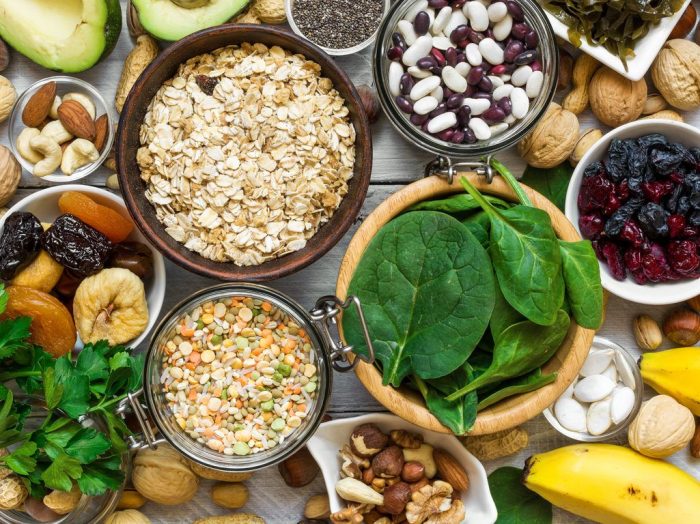Pour yourself a cup of coffee, we have good news about the bitter brown liquid (which is not beer) and even better news for those who prefer coffee with milk.
A new study has found a clear link between the amount of caffeine in a person’s blood and their body fat percentage, which is directly proportional to the risk of developing type 2 diabetes.
The research team from the Karolinska Institute in Sweden and the University of Bristol and Imperial College London in the UK used genetic markers to establish a stronger link between caffeine levels, body mass index, and the risk of type 2 diabetes.
The study investigated several genes known to play a major role in caffeine metabolism. People who have certain mutations in these genes metabolize caffeine more slowly, which means it stays in their bloodstream for longer. The study looked at the genetic data of 10,000 individuals and any mutations in those genes responsible for caffeine metabolism. They then assumed that individuals with mutations likely have an above-average caffeine concentrations in their blood and tried to determine if there was a correlation with body mass index, type 2 diabetes, and various circulatory conditions.
The result? Genetically predicted higher caffeine concentrations in the blood were associated with lower body mass index and lower body fat percentage. In addition, genetically predicted higher caffeine concentrations were associated with a lower risk of type 2 diabetes. Approximately half of the effect of caffeine on susceptibility to type 2 diabetes was estimated to be due to a reduction in body mass index.
The study suggests that beverages high in caffeine but low in calories could be explored as potential means of reducing body fat levels.
Furthermore, the researchers did not identify any correlation between blood caffeine levels and common cardiovascular conditions such as atrial fibrillation, heart failure, or stroke. And that’s good news. We can enjoy the beneficial effects of coffee, which are linked to weight reduction, without worrying about any adverse effects on the heart and circulatory system.

Even more coffee. But with milk.
Do you prefer your coffee with milk? We don’t judge, as tastes differ. However, you might be expecting us to tell you that milk ruins your coffee and cancels out all its beneficial effects on the body. You’re in for a surprise, as the truth could be the opposite of what we once believed.
Danish researchers suggest that coffee with milk might have a stronger anti-inflammatory effect than black coffee alone. They found that mixing coffee’s polyphenols with amino acids from milk doubles the immune cells’ ability to fight infections.
It should be noted that the study was conducted in vitro, meaning in a controlled environment, but scientists from the University of Copenhagen hope to secure funding soon to move on to animal and human trials.
Moreover, the increased anti-inflammatory effect is not limited to coffee with milk. Previous studies have shown that polyphenols also bind to proteins in meat, dairy, and even beer. Therefore, researchers’ efforts now focus on finding ways to introduce polyphenols into the body through protein structures, in order to be better absorbed.
So, shall we pour another cup?
PS: If you don’t want coffee with milk, you can try… tuna.






